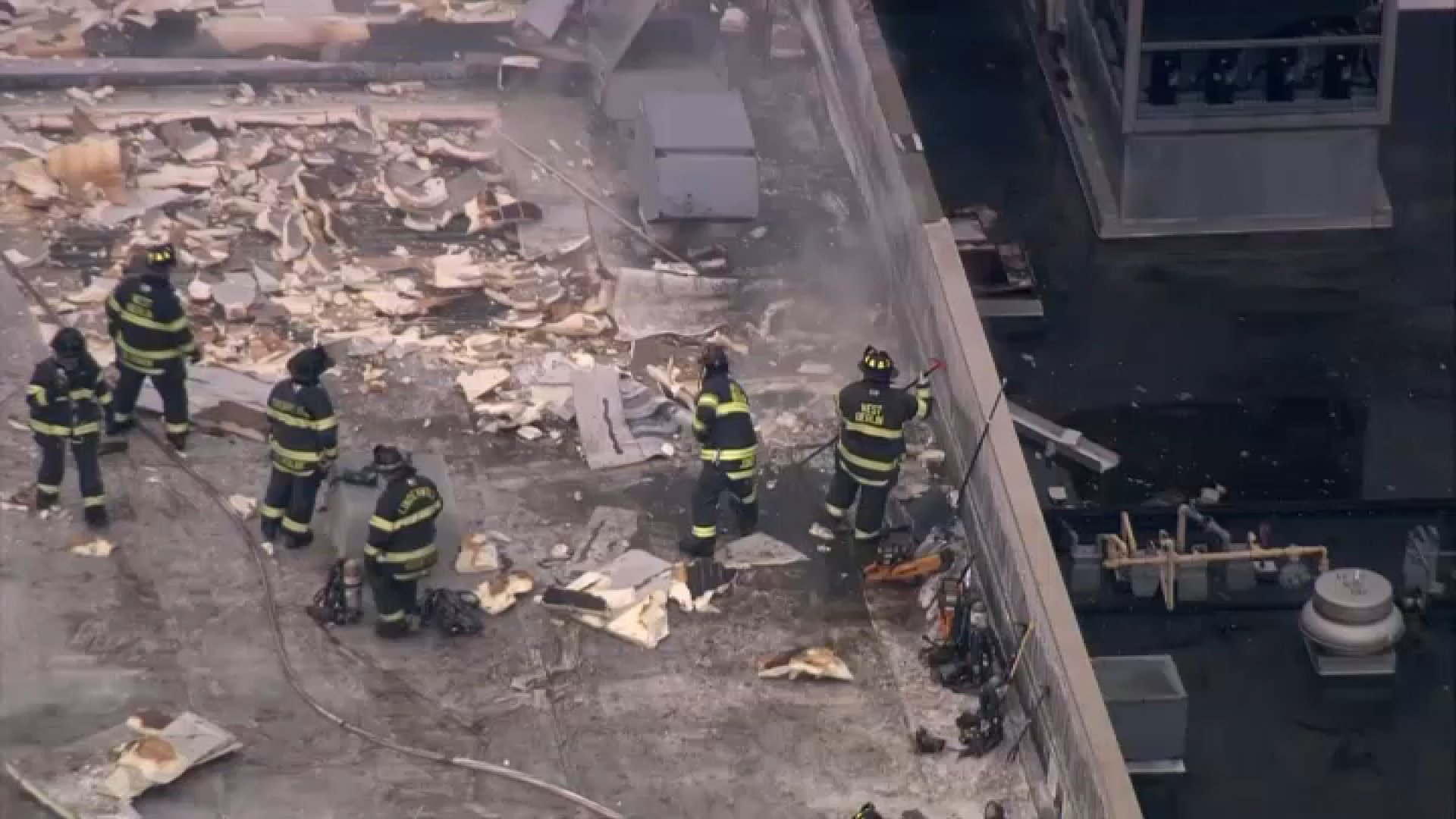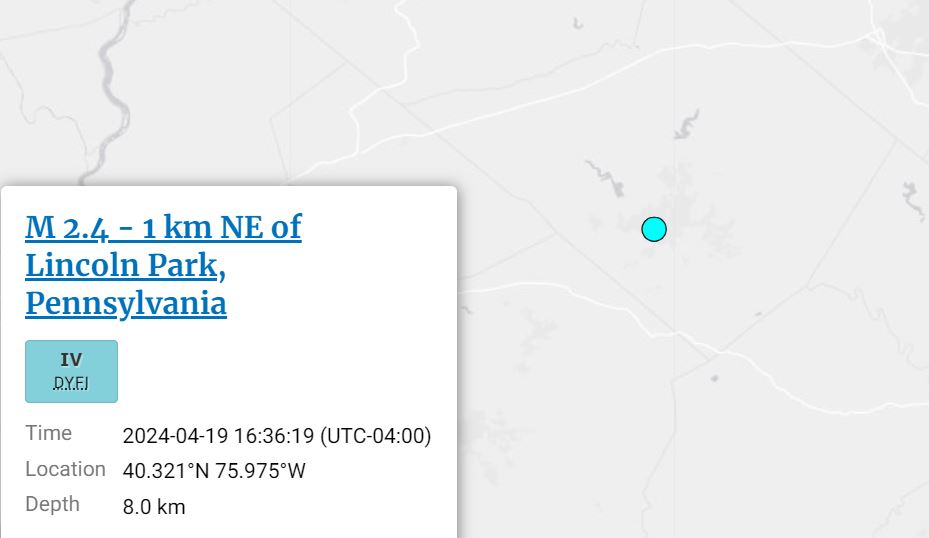Questions remain as to what exactly drove Bradley Stone, a 35-year-old Iraq War veteran, to commit a deadly shooting spree on Monday. Stone is accused of killing his ex-wife, five of her family members, severely injuring another family member, and later taking his own life.
Stone's service in a short tour in Ramadi, Iraq as an artillery meteorological man in the U.S. Marine Corps Reserve prompted the question: were the veteran's actions brought on by an undiagnosed or untreated case of post-traumatic stress disorder (PTSD)?
The Department of Veteran Affairs says Stone had post-traumatic stress disorder but that he didn't have any suicidal or homicidal thoughts when he met with his psychiatrist on Dec. 8.
PTSD is an anxiety disorder whose onset typically follows a traumatic experience involving a threat of serious injury or death. The disorder is sometimes diagnosed among veterans who return from combat exhibiting symptoms such as nightmares, chronic anxiety and fear, emotional outbursts and diminished interest in life.
According to clinical social worker Janet Castellini, the symptoms of PTSD are not always immediately recognizable.
"There is such a thing as delayed onset. So their symptoms may not show up for a while," she said.
Dave Kamioner, a veteran and representative for The Veterans Group, a Philadelphia-based non-profit group home that provides health and wellness services for veterans, said life in military service itself is so different from civilian life, the dissonance could bring on PTSD symptoms in veterans.
Local
Breaking news and the stories that matter to your neighborhood.
"Even without combat, the military culture is very different from day-to-day civilian life," he said. "In the military, most decisions are made for you; you're told what to wear, what to eat, every action you do. You fear for your life every day. It's so different from the civilian world, and that cultural dissonance can really take a toll."
Joe Eastman, a 25-year military veteran who did not know the shooting suspect, said Stone may have been in denial.
"Many of the younger guys coming back, they don’t think they have a problem, and they think they can get through it all by themselves," he said.
Eastman, who works as a community liaison for The Veterans Group, said his organization strongly encourages veterans to seek help if they have even the slightest symptoms of PTSD.
"We try to get them to seek help if they present symptoms," Eastman said. "We’ll even go with them so they won’t be alone. But until they're medically diagnosed, you just don’t know. This might have been a person who had these symptoms, didn’t recognize it, and just snapped."
Dr. Elna Yadin of the Center for the Treatment and Study of Anxiety at the Perelman School of Medicine said there are proactive steps that families can take when they recognize PTSD symptoms in a family member, whether they have been diagnosed with the disorder or not.
"If the person has not been diagnosed, we ask families to ask the person if they would like to read some information to learn more about the disorder. That is a good starting place," she said.
"If someone has been diagnosed, then the family member can help by offering ways to support the person while they go through treatment. It requires a lot of work and allocated time, and we know that some of our veterans can't take time off of work, or they don’t have childcare. So, a family member could be helpful in that way by saying, 'I will do this for you so you can take time to heal,'" the doctor said.
Kamioner says for veterans who do suffer from PTSD, Stone's downward spiral is a wake-up call to seek help.
"When we see one of ours like this, a brother in arms, is a tragedy because we know not many years before this he was probably serving honorably and now he is involved in this tragic incident," he said. "Somewhere in between there was a failure -- probably on his part to seek help, and maybe on our nation's part the failure to identify him and prevent this."
Yadin agreed that seeing Stone's experience may encourage more veterans to seek treatment.
"Most of the veterans that we see, they seek treatment because they are afraid of something like that happening to them and they do not want to get to that point. We’re lucky to see many people who come for help and they often say that the reason they came is because they thought, 'That could have easily been me, and I don’t want that to happen to me or my family,'" she said.
"If something good has to come out of something bad, perhaps that realization is one of them," she said.



